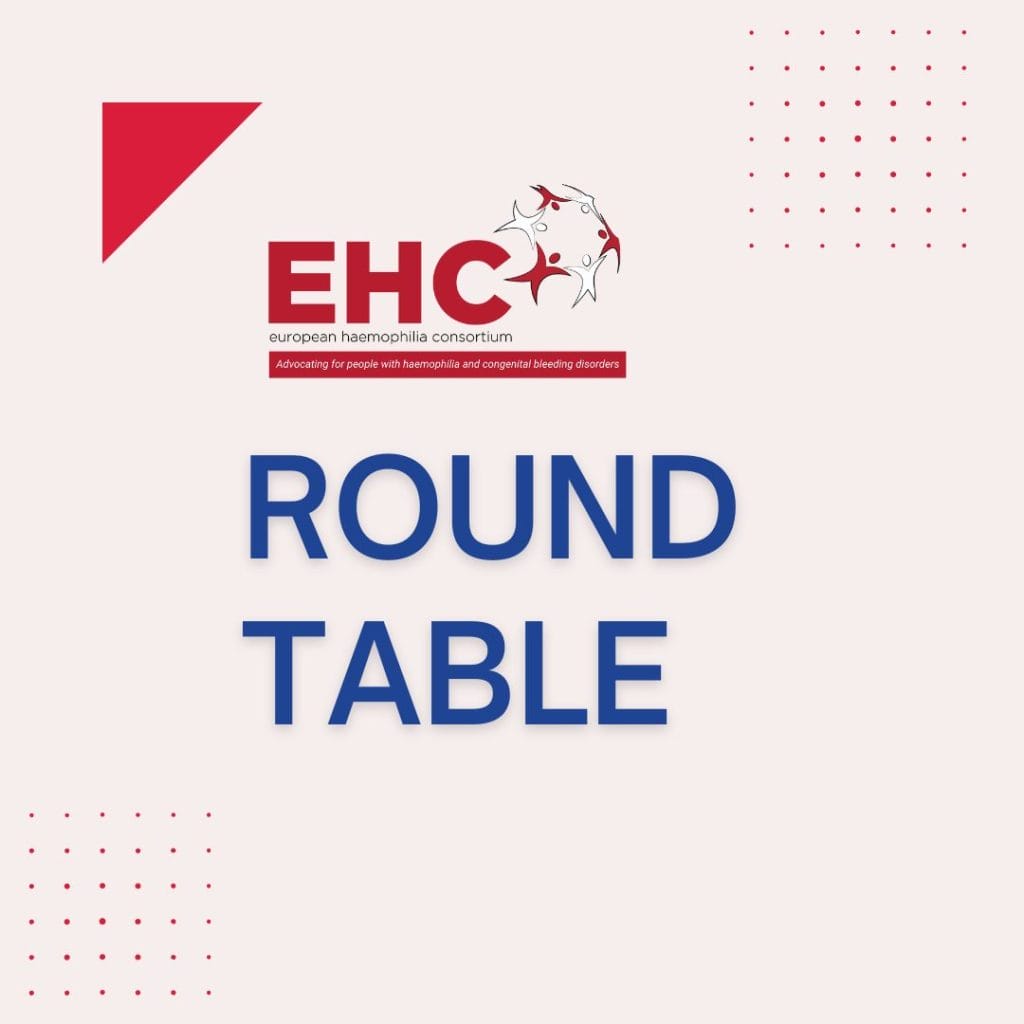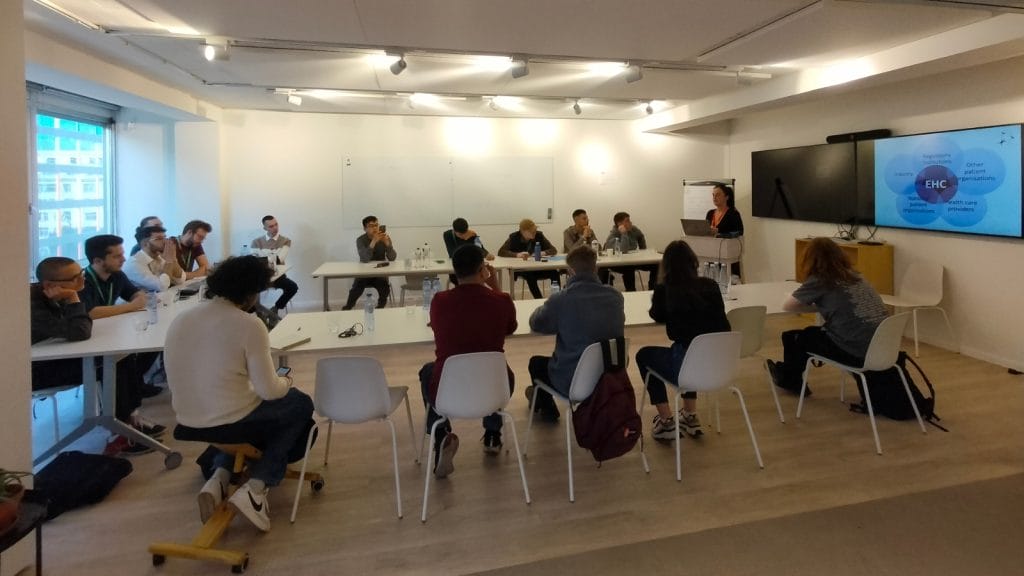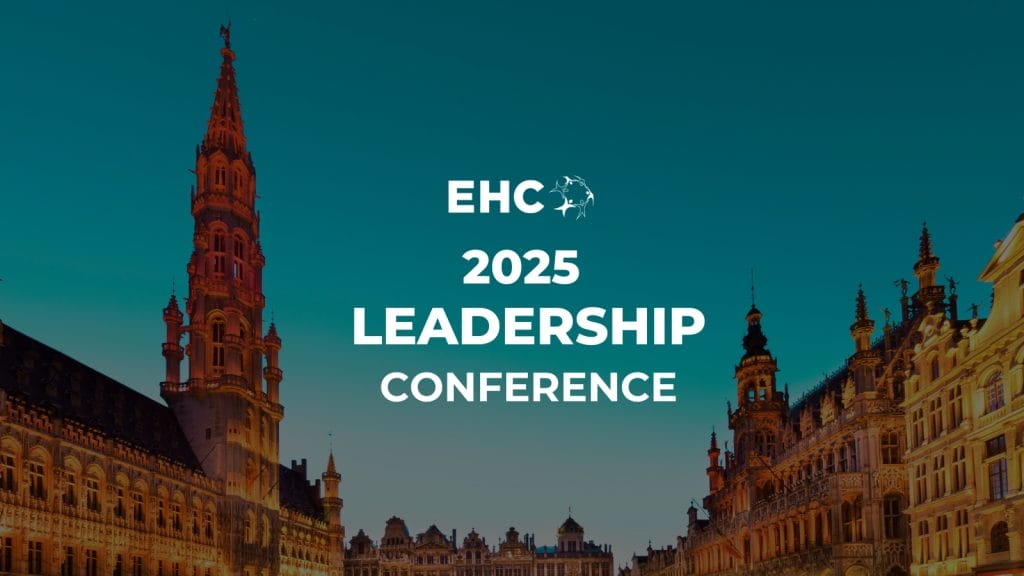Our main events
The EHC organises many different kinds of events in Brussels and beyond for its community and various stakeholders to exchange knowledge and best practices, present groundbreaking research, and discover new networking opportunities. Every year, the EHC organises four main in-person events: Annual Conference, Leadership Conference, Youth Leadership Workshop and New Technologies Conference.
To find events focused on specific areas of our work – including VWD, European Rare and Inhibitor Network (ERIN), Women and Bleeding Disorders (WBD), Mental Health, #ThisWay, and more – visit the EHC Community website.
Discover our Community Events


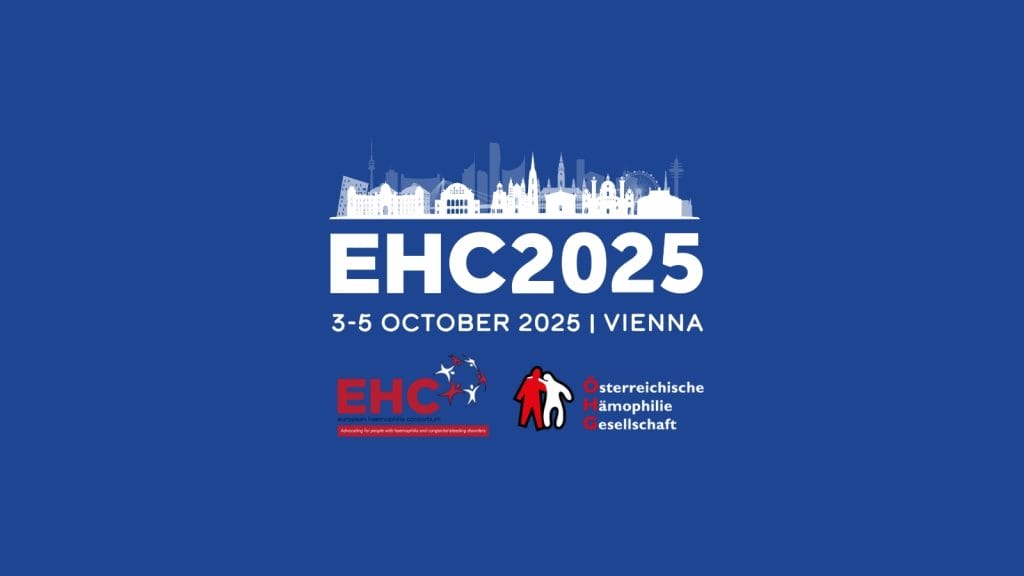
03 – 05 Oct 2025
Upcoming Events
EHC Conference 2025
Taking place from 3 to 5 October in Vienna, Austria, the EHC Annual Conference 2025 will be hosted by Österreichische Hämophilie Gesellschaft (ÖHG), the Austrian EHC Member Organisation.

22 Sep – 31 Oct 2025
Upcoming Events
Health Economics Course 2025
A unique online course, created to develop an understanding of the economics of bleeding disorders treatment in Europe and help the EHC community to better advocate for their treatment of choice.

31 Oct – 02 Nov 2025
Upcoming Events
New Technologies Conference 2025
Taking place from 31 October to 2 November in Ljubljana, Slovenia, this event will bring together EHC National Member Organisations and healthcare professionals to provide them with an update on novel product advancements in bleeding disorders.
Stay up-to-date with the latest EHC activities and events!


